Disability Inclusion: Accessible Events
Learn practical strategies to create accessible, inclusive events that support full participation for older adults, families, CALD communities, and people with disability and their support network

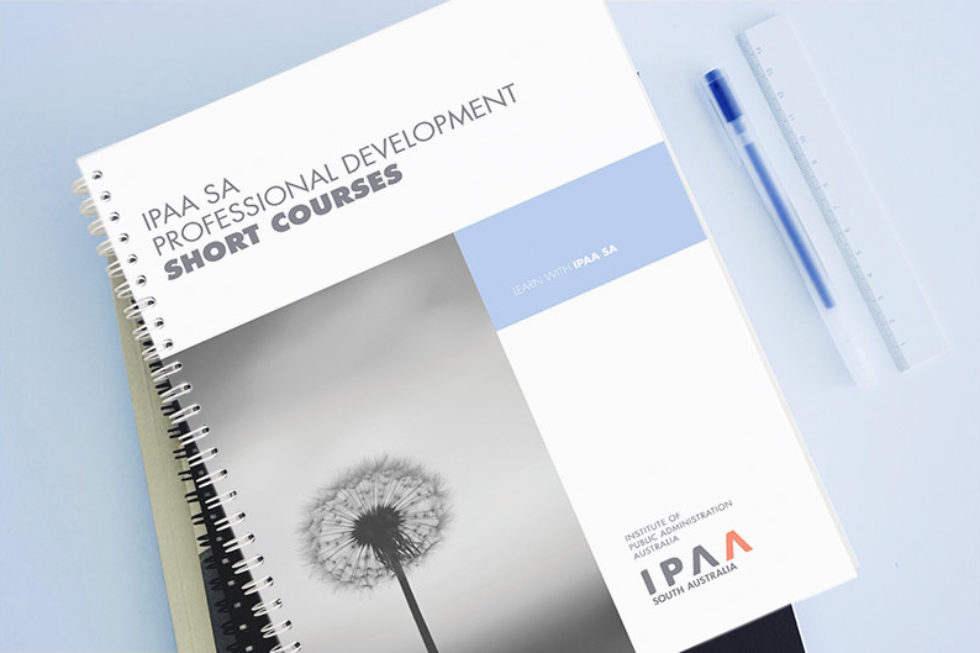
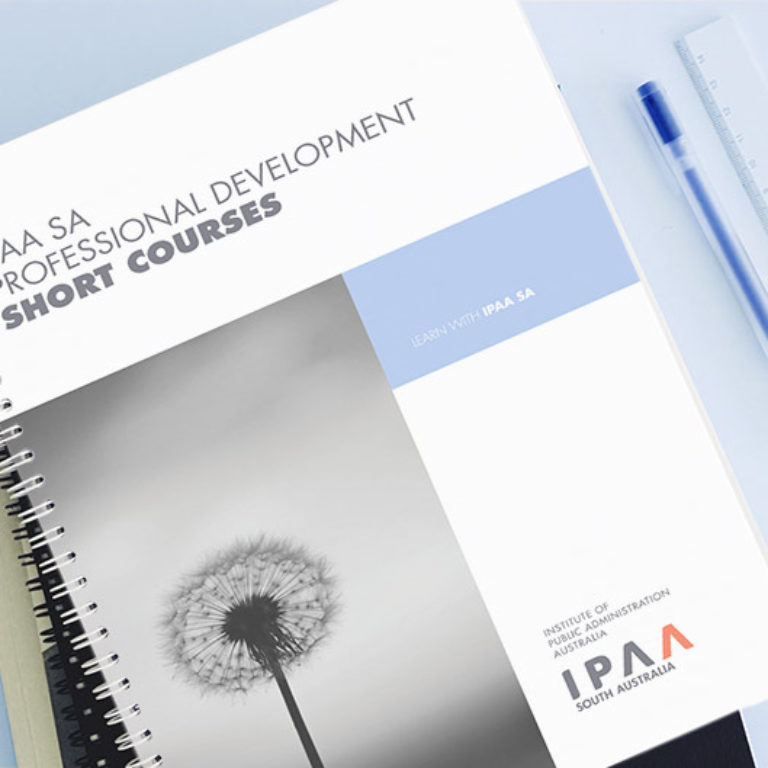
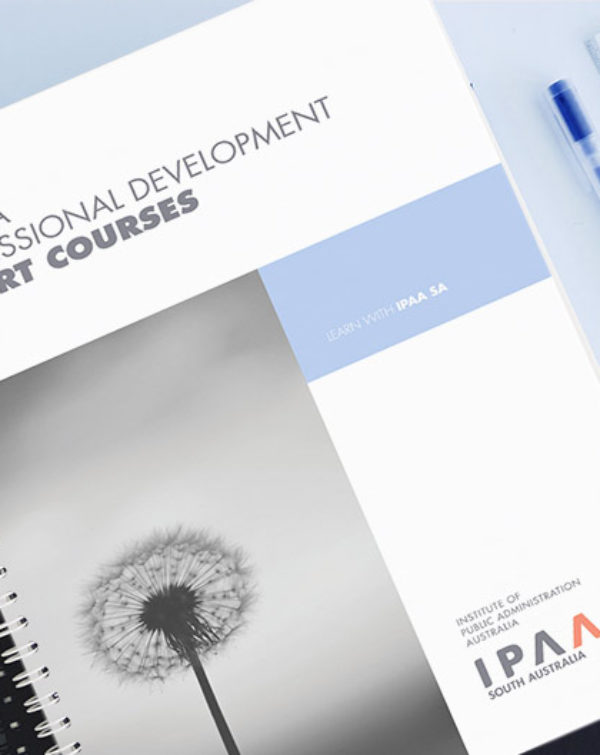
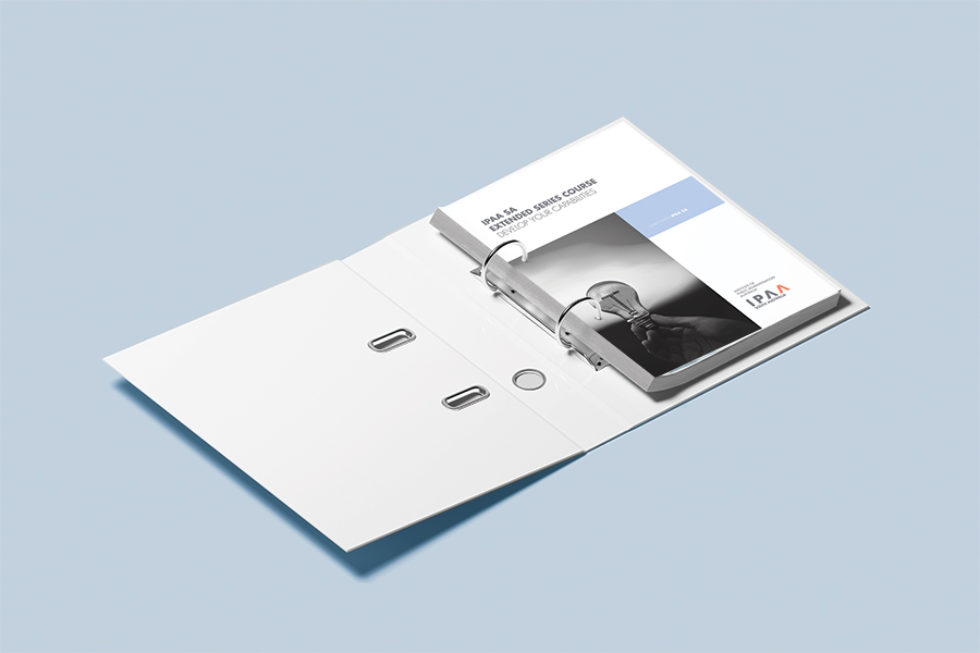
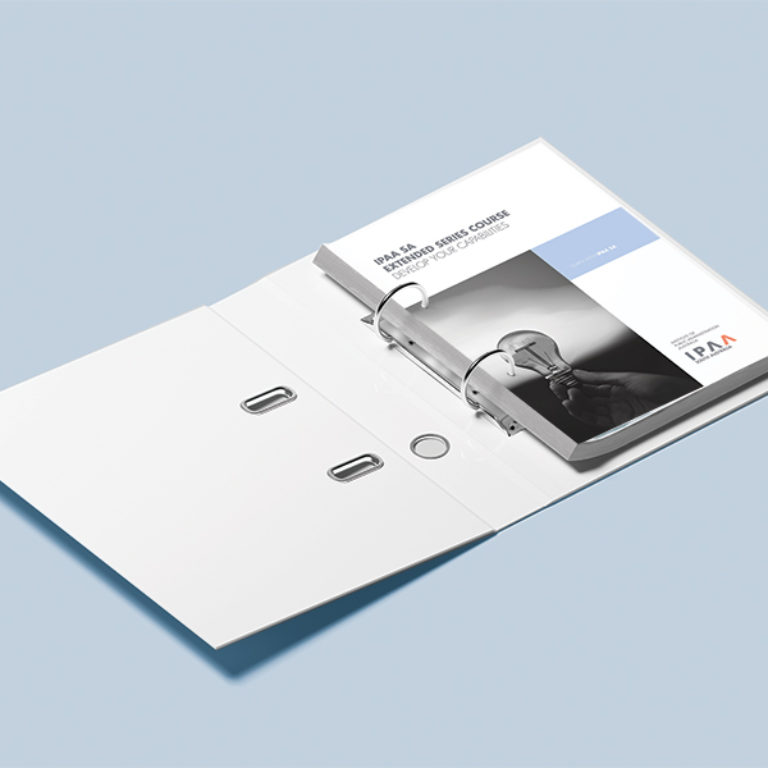
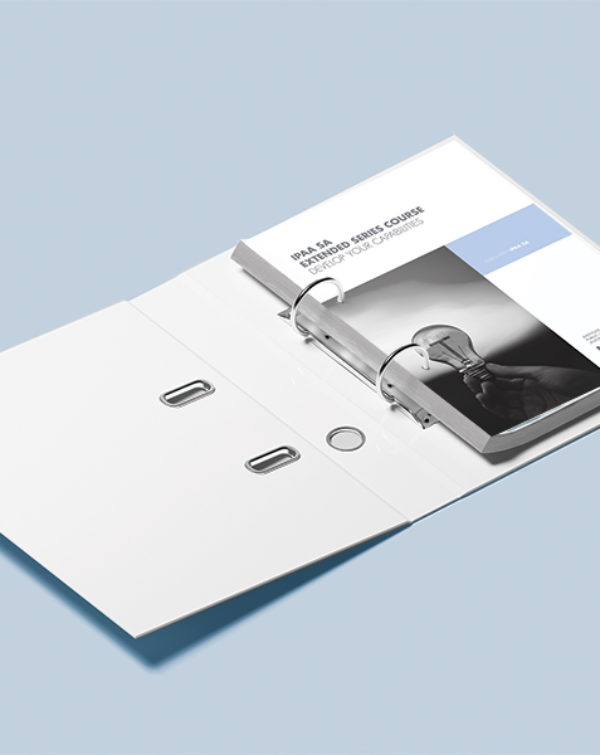
Develop the skills to engage respectfully and effectively across cultural differences. Navigate diversity with confidence and empathy, fostering inclusive, safe, and professional environments in any organisational setting. Ideal for leaders, educators, and service providers seeking to strengthen cultural competence and communication.


